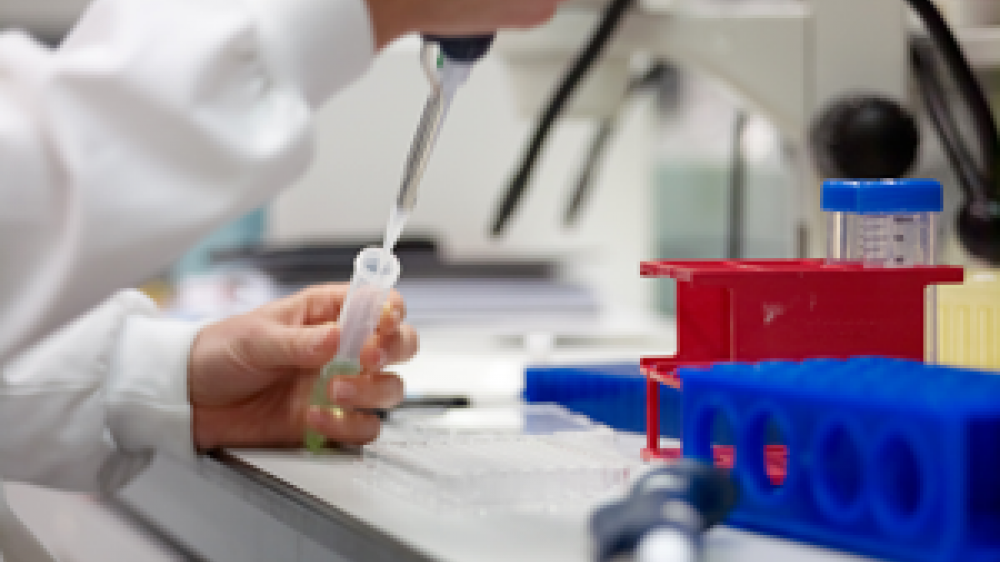News
£2.4m awarded in grants to advance the 3Rs

We have recently committed £2.4m to seven new project grants, awarded to outstanding projects from a broad range of scientific disciplines.
Our funding schemes are a critical part of our work, enabling the scientific community to develop new 3Rs research models and approaches with a lasting 3Rs legacy. This year’s projects range from a new refined mouse model of lung cancer, to looking at the welfare of zebrafish through to reducing the numbers of frogs used in research, as well as developing an in vitro alternative to using cats and dogs for testing anti-parasitic drugs.
The 2018 awarded grants are as follows:
- Dr Frank McCaughan – University of Cambridge: ‘A novel murine model of squamous lung cancer’, £305,702 (24 months)
- Professor Rod Wilson – University of Exeter: ‘The role of water chemistry in zebrafish welfare and reproducibility of research studies’, £351,653 (24 months)
- Professor Bazbek Davletov – University of Sheffield: ‘A highly sensitive replacement assay for botulinum neurotoxin type B’, £306,073 (30 months)
- Dr Joseph Turner – Liverpool School of Tropical Medicine: ‘Validating alternative models to cats and dogs for heartworm drug testing’, £287,909 (24 months)
- Professor David Thornton – University of Manchester: ‘A live model to study mucociliary clearance in health and disease’, £494,136 (36 months)
- Professor Jeremy Green – King’s College London: ‘Assessment of double ovulation to halve Xenopus laevis use for eggs’, £309,101 (36 months)
- Dr Daryl Shanley – Newcastle University: ‘Systems modelling age-related changes in the maintenance of dermal extra-cellular matrix: mechanisms and interventions’, £393,783 (24 months)
